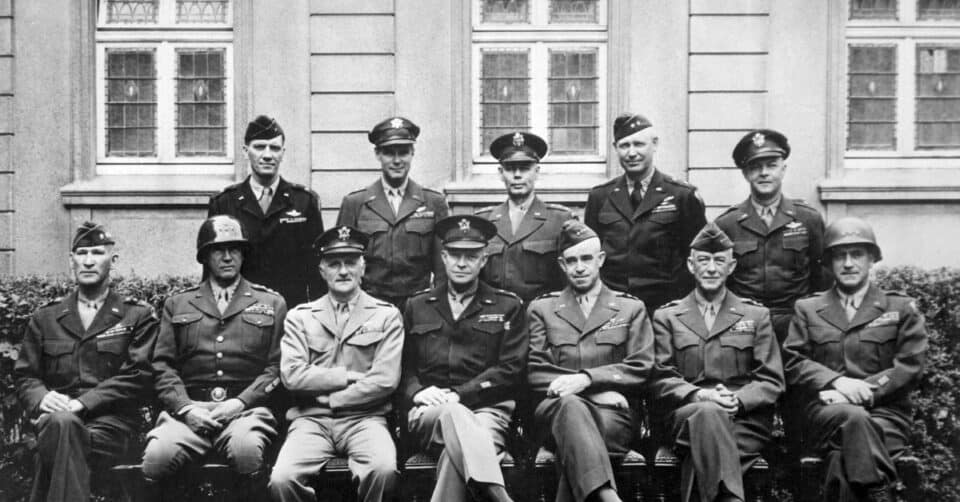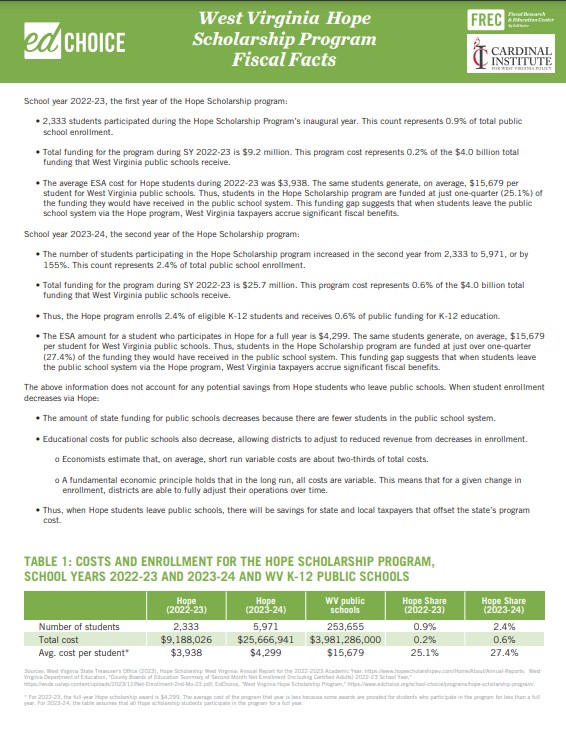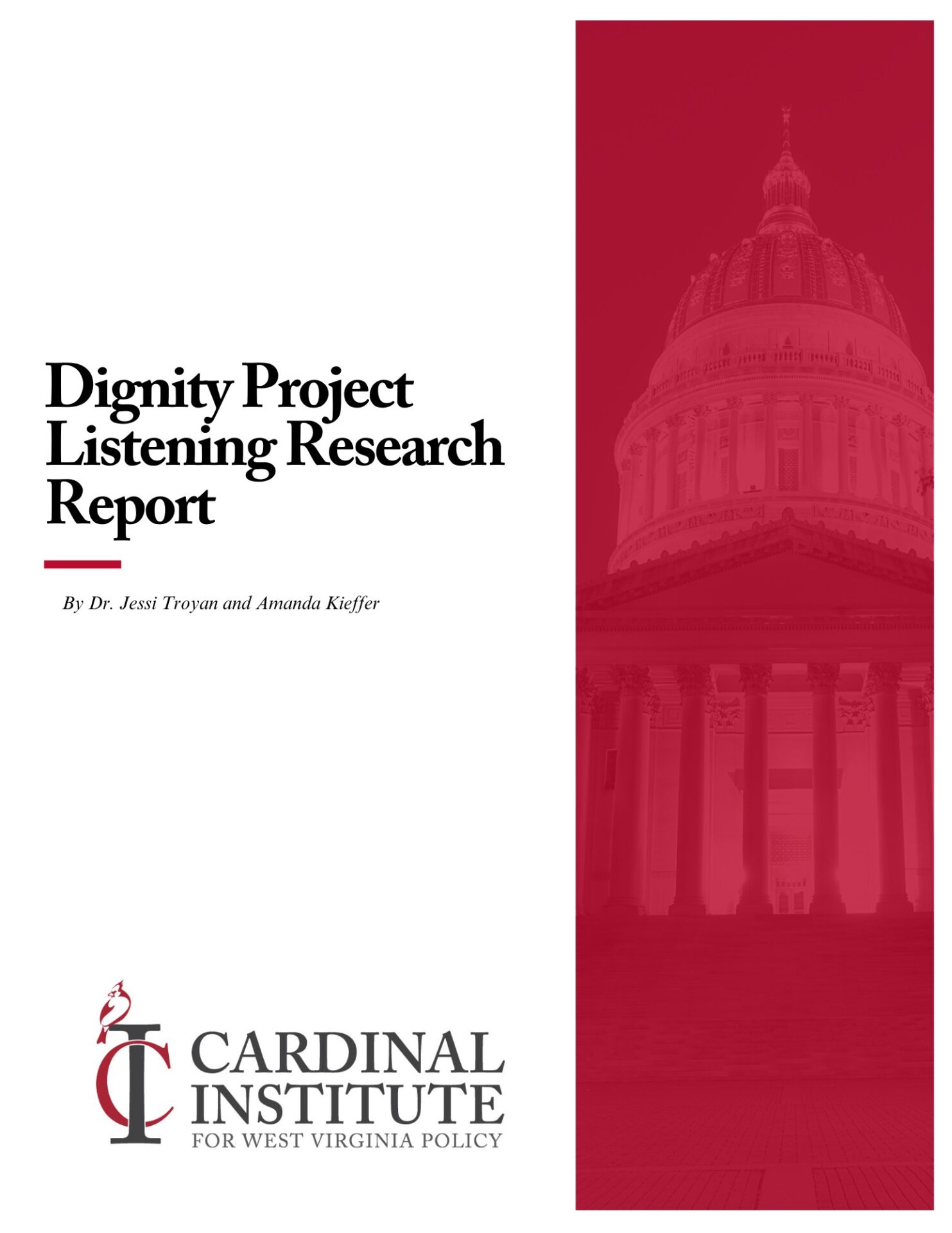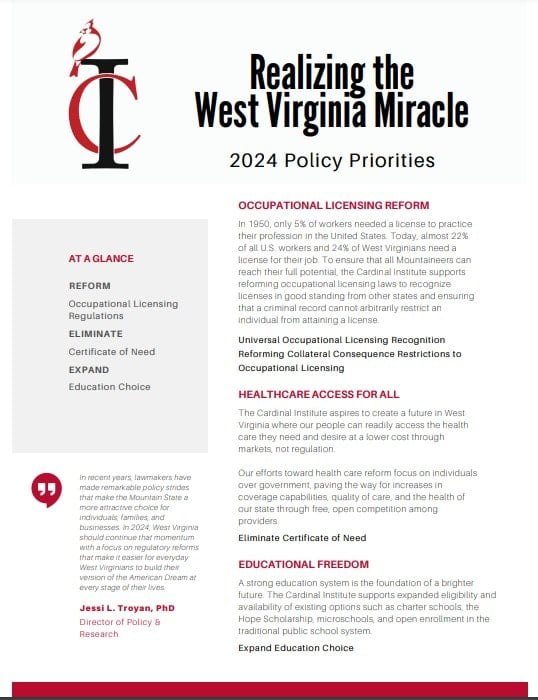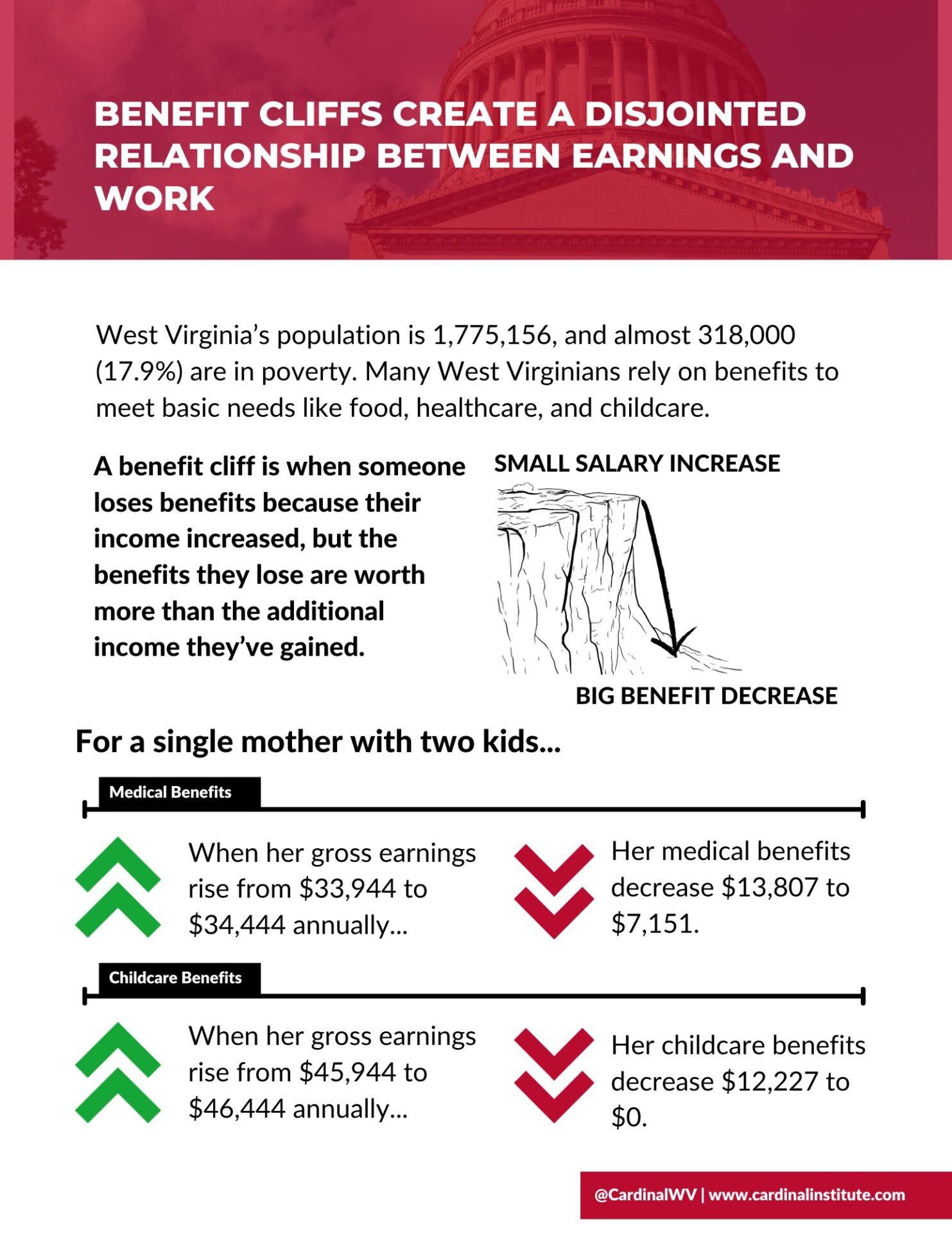Over the last 18+ months, we’ve all watched a vast number of changes unfold as it relates to education. Some of these have been troubling, like the widespread turn to remote or virtual schooling as a means of mitigating the spread of COVID. Others have been more hopeful, like the record number of freedom-friendly reforms to education throughout the states in 2021.
Much ink has been spilled by this team, and throughout the country, on the benefits to students and families that come hand in hand with more options for pursuing an education. Our team and others haven’t written as much regarding the same kinds of benefits and professional fulfillment that follows educators with these same sorts of expanded options.
A lesser mentioned but just as important aspect, and perhaps even more important in these seemingly more divided times, is the peace brought forth in society by families having more than essentially one option.
If you’ve spent any time paying attention to the news, or on social media over the summer or during the back to school season, you’ve likely seen some rather colorful headlines about local school board meetings. Some of these stories read more like the recaps of an old-school WWF match than anything else. It almost makes me wonder when someone might take a leap off the top rope or swing a folding chair.
It all seems so absurd. If I didn’t laugh, I’d probably cry.
Here’s the thing — it doesn’t have to be this way. Tensions and emotions run this high because, for most families throughout the country, the local public school is the only feasible option. I’m not sharing anything groundbreaking when I note that not every family or student in a given school district has the same needs, desires, or values. However, when they’re all stuck in one district that is going to put forth one set of rules, there will invariably end up being “winners” and “losers.”
This one set of rules encompasses so many different margins for any one of us to get riled up over. Masks or no? Vaccines for teachers, students, other staff, etc? Religious aspects or hardline secularism? The 1619 Project, the 1776 Project, or something completely different? Direct instruction or project-based learning? College prep or vocational/technical? Curriculum questions…and so many more!
Is it any wonder that things end up so tense?
With all these different kinds of people with different needs, wants, and views about how the world should work and how schools should operate, providing more educational options gives us more chances to have peaceful interactions among one another. The families that are more risk averse can opt into schools that have stricter mask and/or vaccine policies. Those that feel differently can opt into schools with freer protocols. The same applies for any sort of curriculum choices or core values that anchor the educational experience.
Is this a silver bullet for all these nasty incidents at school board meetings and elsewhere in the country? Does it solve every problem in education?
No. Of course not.
But it alleviates pressure. And there’s no faster way to do it.
Jessi Troyan is the Development Director for the Cardinal Institute for West Virginia Policy.




